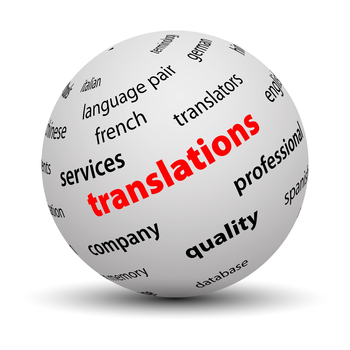In professional language translation services, linguistic accuracy is only one piece of the puzzle. Cultural competence plays a pivotal role in bridging the gap between languages and cultures. This blog explores the significance of cultural competence in ensuring effective and impactful language translation services.
1. Understanding Cultural Competence:
- Cultural competence involves understanding, appreciating, and navigating the cultural nuances of both the source and target languages.
- It goes beyond language proficiency, encompassing an in-depth understanding of cultural contexts, social norms, and customs.
2. The Limitations of Literal Translation:
- A literal translation may convey words accurately, but it often falls short of capturing the cultural nuances that influence communication.
- Cultural competence allows translators to go beyond words, preserving the intended meaning and cultural connotations.
3. Contextual Adaptation:
- Cultural competence enables translators to adapt content to the cultural context of the target audience, making it more relatable and resonant.
- It involves understanding the words and the cultural references, idioms, and expressions unique to each community.
4. Navigating Cultural Sensitivities:
- Different cultures have varying sensitivities regarding topics such as religion, gender, and social hierarchy. Cultural competence ensures that translations navigate these sensitivities with finesse.
- It helps avoid unintentional cultural faux pas that could lead to misunderstandings or offense.
5. Enhancing Communication:
- Effective communication goes beyond linguistic accuracy; it involves connecting with the audience on a cultural level.
- Cultural competence facilitates a deeper understanding of the target audience, resulting in more impactful and persuasive communication.
6. Building Trust and Credibility:
- Trust is a cornerstone of successful communication, especially in business and professional contexts.
- Translators with cultural competence build trust by understanding and respecting the cultural values and norms of both the source and target languages.
7. Industry-Specific Cultural Knowledge:
- In specialized fields such as legal, medical, or technical translation, cultural competence extends to understanding industry-specific norms and practices.
- Translators with expertise in language and industry-specific cultural nuances provide a more accurate and reliable service.
8. The Global Marketplace:
- In today’s globalized world, businesses operate on an international scale. Cultural competence is essential for translating content that aligns with the diverse cultural backgrounds of a global audience.
- Professional language translation services prioritizing cultural competence contribute to a company’s success in navigating the complexities of the global marketplace.
Final Words:
Cultural competence is a linchpin for success in the dynamic landscape of professional language translation services. Beyond technical proficiency in languages, cultural competence ensures that the essence of communication transcends linguistic boundaries. It is the key to unlocking meaningful connections, fostering trust, and navigating the intricacies of diverse cultural landscapes. As businesses continue to expand globally, the demand for language translation services with a keen focus on cultural competence becomes not just a preference but a strategic imperative. Choosing a service provider that values and integrates cultural competence into its translation processes is an investment in effective and impactful cross-cultural communication.
For professional language translation services, reach out to language oasis now!
